You think your home is a safe place, but many household situations can be dangerous for your pet. Our Marcy Veterinary Clinic team wants your pet to be safe and sound at home, and we explain potential household pet dangers and offer pet-proofing tips to mitigate your pet’s risk.
Toxins are a household pet danger
You may be surprised to learn how many common household items can poison your pet. These include:
- Foods — Foods such as chocolate, xylitol, grapes and raisins, onions and garlic, and raw yeast dough are toxic to pets.
- Over-the-counter (OTC) medications — OTC medications, such as non-steroidal anti-inflammatory drugs (NSAIDs), acetaminophen, decongestants, diet pills, and vitamins and supplements, can be toxic to pets.
- Prescription medications — Prescription medications, such as blood pressure medications, antidepressants, hormonal therapy, and attention deficit hyperactivity disorder (ADHD) drugs, can be toxic to pets.
- Plants — Many common house and yard plants, including lilies, tulips, chrysanthemums, azaleas, foxglove, and dieffenbachia, are toxic to pets.
- Household products — Household products such as household cleaners, laundry products, antifreeze, rodenticides, fertilizers, and de-icers are pet-toxic.
- Veterinary medications — Veterinary medications are formulated for your specific pet, and they can be poisoned if they take the wrong dose or another pet’s medication.
Tips to pet-proof your home from toxins include:
- Don’t give your pet table scraps that may contain pet-toxic ingredients.
- Keep food off your counters to prevent counter surfing escapades.
- Ensure your pet can’t access your garbage by keeping trash in sealed containers or behind latched doors.
- Read food labels before giving your pet a new product to ensure all ingredients are pet-safe.
- Ensure your guests don’t feed your pet from their plate.
- When entertaining at home, remove discarded plates and cups as soon as possible.
- Store your guests’ belongings in a secure area, so your pet can’t access medications and xylitol-containing mints and gum in clothing pockets or purses.
- Securely store your medications—don’t take your medication in front of your pet to ensure they don’t ingest a dropped pill.
- Never give your pet human medication.
- Ensure your indoor and outdoor plants are pet-friendly.
- Store all household products on a high shelf or behind a securely latched door.
- Ensure your pet can’t access areas where rodenticides, fertilizers, and pesticides are used.
- Never give your dog your cat’s medication, and never give your cat your dog’s medication.
- Use only pet-friendly toothpaste to brush your pet’s teeth, since many human dental products contain xylitol.
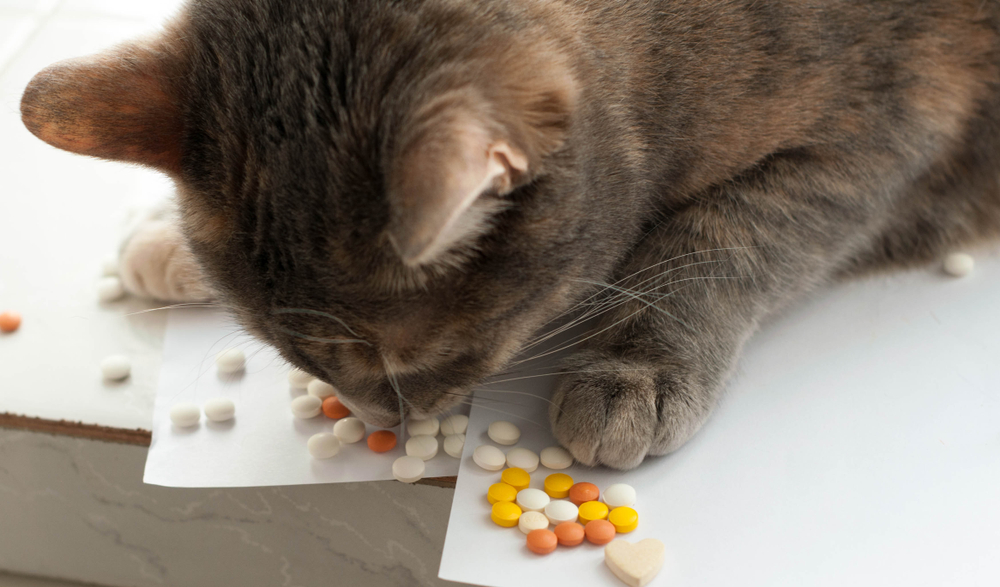
Foreign body ingestion is a household pet danger
Pets investigate their world with their mouth, which can lead to ingesting a foreign body that causes a gastrointestinal (GI) obstruction. Signs include lethargy, repetitive vomiting or retching, diarrhea, bloating, and abdominal pain. Tips to pet-proof your home from this situation include:
- Provide appropriate toys — Chewing is important for pets, and they need appropriate toys for play and to chew. Ensure you provide toys that are too large for your pet to ingest. Having their own toys will also help prevent your pet from finding inappropriate items to chew and possibly ingest.
- Don’t give your pet bones — Bones can easily break, and your pet may swallow a piece that may cause a GI obstruction.
- Store toys securely — Ensure your children’s toys and game pieces are stored in sealed containers when not in use.
- Keep your laundry off the floor — Socks and drawstrings are items that pets commonly ingest. Keep your laundry in appropriate bins, so your pet can’t access these items.
- Put away personal items — Keep personal items, such as jewelry and hair accessories, in a secure place.
- Keep your trash in sealed containers — In addition to toxins, pets can find foreign objects in the trash.
Injury is a household pet danger
Certain situations can injure your pet. Tips to pet-proof your home from potential injuries include:
- Close your dishwasher — Pets are attracted to residual food smells, and can injure themselves on sharp objects in your dishwasher.
- Cover electrical cords — Many pets like to chew on electrical cords. Cover cords and wires to prevent electrical shock.
- Contain window cords — Pets can get tangled in blind and curtain cords. Ensure these cords are contained to prevent an accident.
- Block access to exercise equipment — Pets can be injured by exercise equipment, so ensure these machines are inaccessible.
- Keep reclining furniture closed — Small pets can get trapped inside reclining furniture, so keep the lever in the closed position when not in use.
- Use a fire screen — Block access to your fireplace to prevent burns.
- Store grooming products securely — Unplug and store hair dryers and electric razors securely to prevent your pet from chewing on cords, and never leave your pet unsupervised around a hot curling iron.
- Check your washer and dryer bins — Your pet may find a nice warm napping spot inside your washer or dryer. Check the bins before doing your laundry.
- Honk your horn — Especially in cold weather, cats may find a resting place under your car’s hood. Honk your horn before starting your car to prevent an accident.
Following these pet-proofing tips should help protect your pet from household dangers. However, if your pet experiences a household accident, contact our Marcy Veterinary Clinic team, so we can remedy the problem and get them healthy and back home as soon as possible.


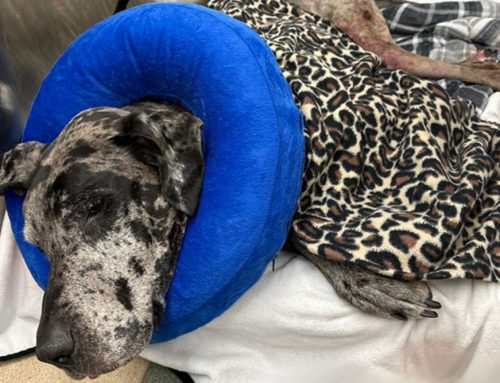
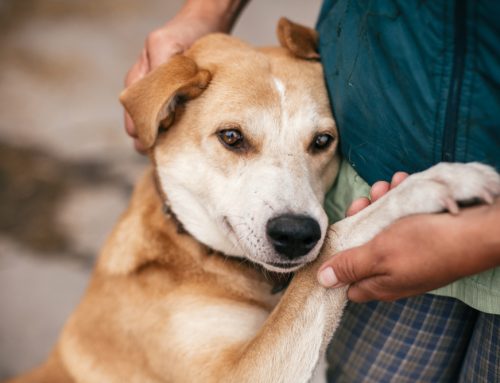
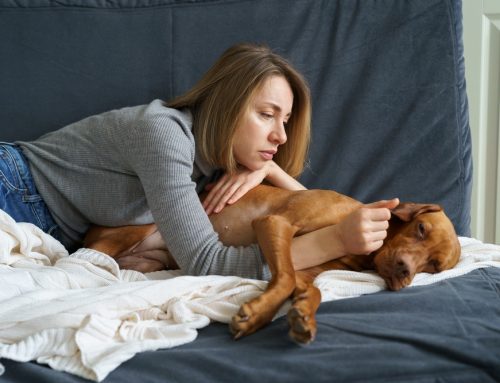
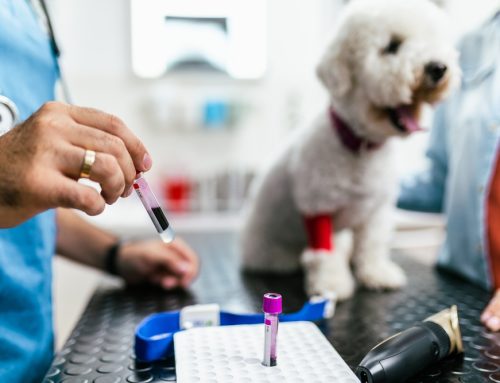


Leave A Comment